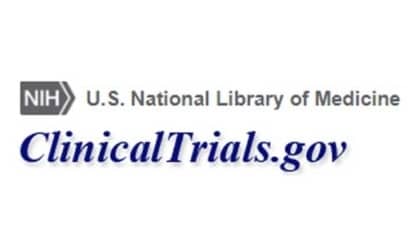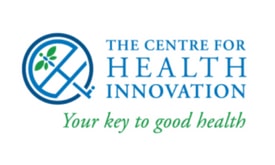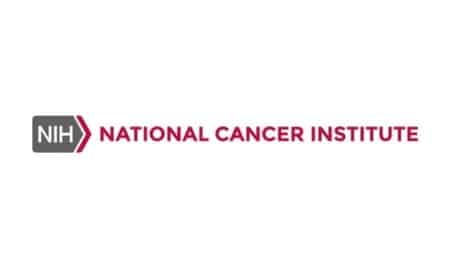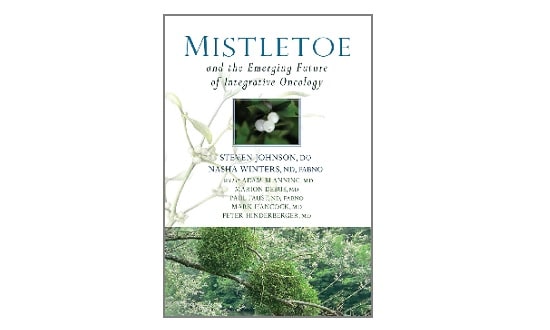Extracts from this woody plant are injected or infused for cancer treatment. Studies show benefits in reducing various side effects and improving survival.
How can mistletoe help you? What the research says
Preclinical evidencetesting a drug, a procedure, or another medical treatment in isolated cells or in animals; preclinical evidence is considered only an initial indication of possible effects in people is summarized in Are you a health professional? ›
Improving treatment outcomes
Is mistletoe linked to improved survival? Is it linked to less cancer growth or metastasis? Does it enhance the anticancer action of other treatments or therapies? We present the evidence.
Optimizing your body terrain
Does mistletoe promote an environment within your body that is less supportive of cancer development, growth, or spread? We present the evidence.
See Optimizing Your Body Terrain ›
Find medical professionals who specialize in managing body terrain factors: Finding Integrative Oncologists and Other Practitioners ›
We also recommend that you share with your doctor the information here about how mistletoe might affect immune function.
Managing side effects and promoting wellness
Is mistletoe linked to fewer or less severe side effects or symptoms? Is it linked to less toxicity from cancer treatment? Does it support your quality of life or promote general well-being? We present the evidence.
Reducing cancer risk
Is mistletoe linked to lower risks of developing cancer or of recurrence? We present the evidence.
Helpful links

In-depth information, ratings of effectiveness and safety and evaluation of specific mistletoe products; subscription required
Believe Big Panel Discussion on Mistletoe Therapy
Play videoReferences




